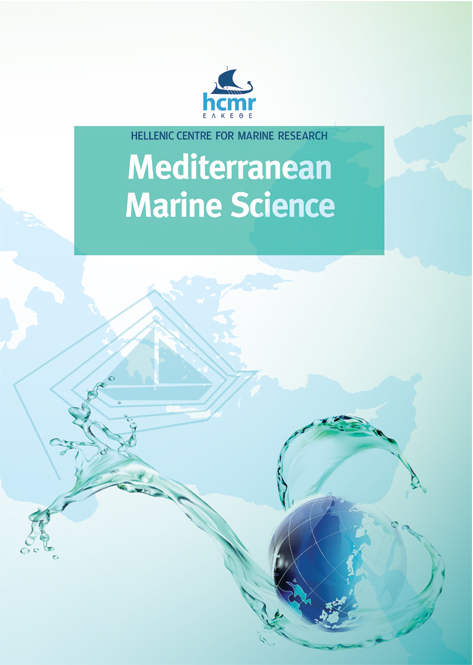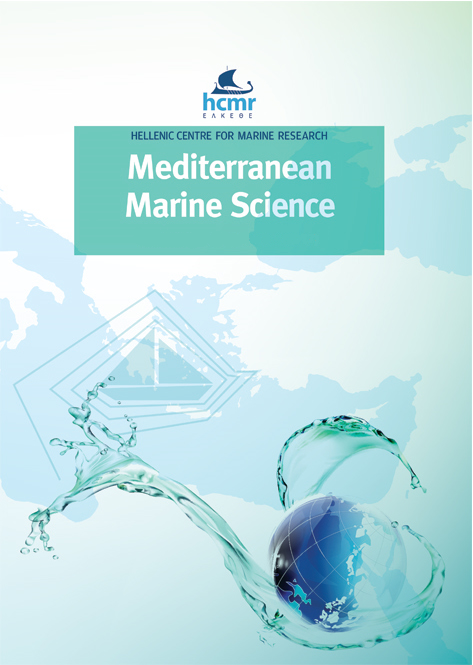Long-term monitoring for the surveillance of the conservation status of Tursiops truncatus in an EU Natura2000 site in the Mediterranean Sea. A pilot study in the Tuscan Archipelago

Abstract
A pilot study, using the dataset from the research network ‘FLT Med Net’, which regularly monitors transborder regions in the Mediterranean Sea using ferries as platform for systematic surveys, was undertaken to assess common bottlenose dolphin range and population trends within the Natura 2000 EU marine site “Tutela del Tursiops truncatus”. The site was recently designated by the Tuscany Region (Italy) within the requirement of the EU Habitats Directive. In order to evaluate the conservation status of bottlenose dolphin according to the surveillance scheme of the Directive, two six-year periods (2007-2012; 2013-2018) were compared to assess trends in distribution-occurrence (range); Sightings Per Unit of Effort and Density (population). In total, 18146 NM were surveyed along two fixed transects, recording 90 sightings of Tursiops truncatus and a total of 268 specimens. Between the two periods, slight but not statistically significant differences were assessed, with decreasing trend in range and population of the species; no variation was detected in mean group sizes. Travelling was the most common behaviour, and juveniles were present in 20% of the sightings, concentrated during spring and summer. The consistent FLT Med Net dataset was found to be appropriate to evaluate important parameters for the assessment of trends in the conservation status of Tursiops truncatus at the Natura2000 site scale.
Article Details
- How to Cite
-
ARCANGELI, A., CROSTI, R., CAMPANA, I., CAROSSO, L., GREGORIETTI, M., MAINARDI, G., MAZZUCATO, V., & CASTELLI, A. (2021). Long-term monitoring for the surveillance of the conservation status of Tursiops truncatus in an EU Natura2000 site in the Mediterranean Sea. A pilot study in the Tuscan Archipelago. Mediterranean Marine Science, 22(2), 340–346. https://doi.org/10.12681/mms.24562
- Issue
- Vol. 22 No. 2 (2021)
- Section
- Research Article
Authors who publish with this journal agree to the following terms:
- Authors retain copyright and grant the journal right of first publication with the work simultaneously licensed under a Creative Commons Attribution Non-Commercial License that allows others to share the work with an acknowledgement of the work's authorship and initial publication in this journal.
- Authors are able to enter into separate, additional contractual arrangements for the non-exclusive distribution of the journal's published version of the work (e.g. post it to an institutional repository or publish it in a book), with an acknowledgement of its initial publication in this journal.
- Authors are permitted and encouraged to post their work online (preferably in institutional repositories or on their website) prior to and during the submission process, as it can lead to productive exchanges, as well as earlier and greater citation of published work (See The Effect of Open Access).





